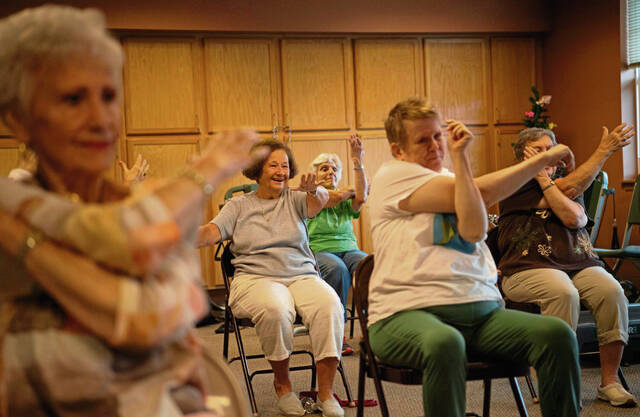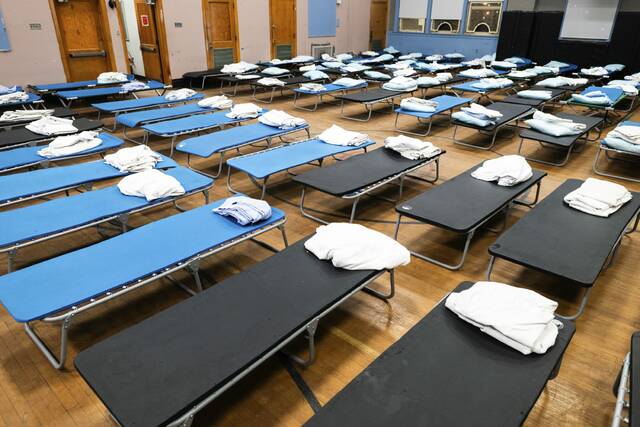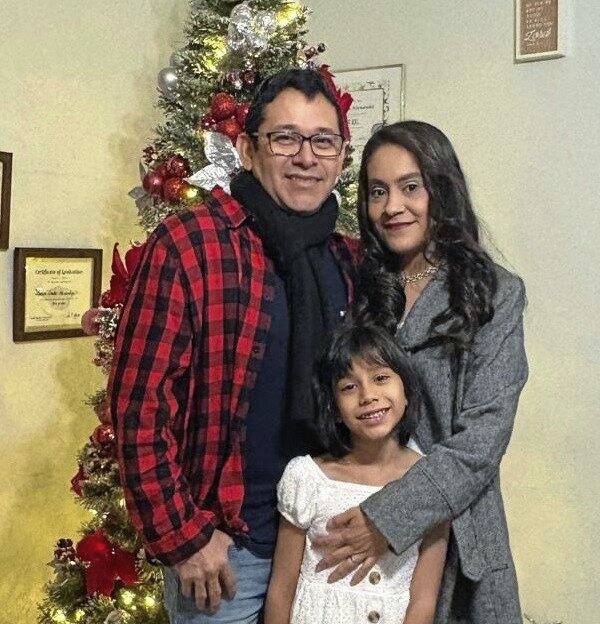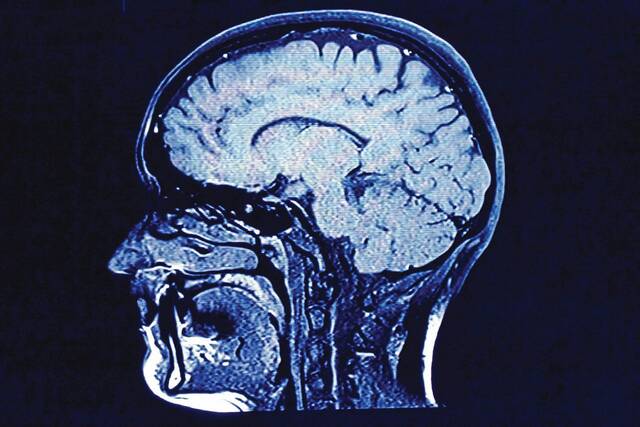Senior centers are more than just a place to play cards.
They are a daily place of comfort and camaraderie, yes, but they have offerings beyond lunch with friends or a hand of Hearts.
In Allegheny and Westmoreland counties alone, there are 53 offices that aren’t really offices so much as clubhouses. They are environments where the individuals who walk through the doors know they are welcome.
The centers have coffee and chairs to settle in for a chat with a friend. They offer art or exercise classes. But while there, the over-60 crowd also has access to other services.
They can get minor health checks like blood sugar and blood pressure monitoring. They can be connected to other offices, getting help to do something as simple as change an address or as complicated as preparing taxes.
Seniors often find themselves in a shifting demographic. Their income can be changing at the same time as their health needs. That can affect their nutrition, housing and support needs. Sometimes, for people who have taken care of themselves as well as others, that can leave them reluctant to ask for help.
The centers provide an easy way to do so in a non-stigmatized way. That’s important with an aging Pennsylvania population. It’s a lot like schools that provide free breakfast and lunch regardless of income for the entire student body. Providing a resource that is broadly accessible to anyone can help everyone.
That can make these centers models of how to provide services to other demographics in need — or communities in general.
Many government offices are, at best, institutional and, at worst, scary. They do not encourage you to ask for help so much as they intimidate people in need by throwing up barriers.
To look at the bottom line, that’s bad accounting. Addressing problems early is more manageable and often cheaper, like fixing a few shingles instead of a whole roof.
And just the connection to other people can be helpful. The U.S. surgeon general indicated a national problem with loneliness and isolation. Daily connection to other people can be the cure to that, as well as helping identify other problems such as mental health or abuse. None of these are problems that affect only seniors.
Government has the building blocks in play with offices that help adults, children and families and that connect to dozens of services already offered to the community, from voter registration to housing to health.
The key is finding a way to do so as efficiently and with as warm a welcome as a senior center.








